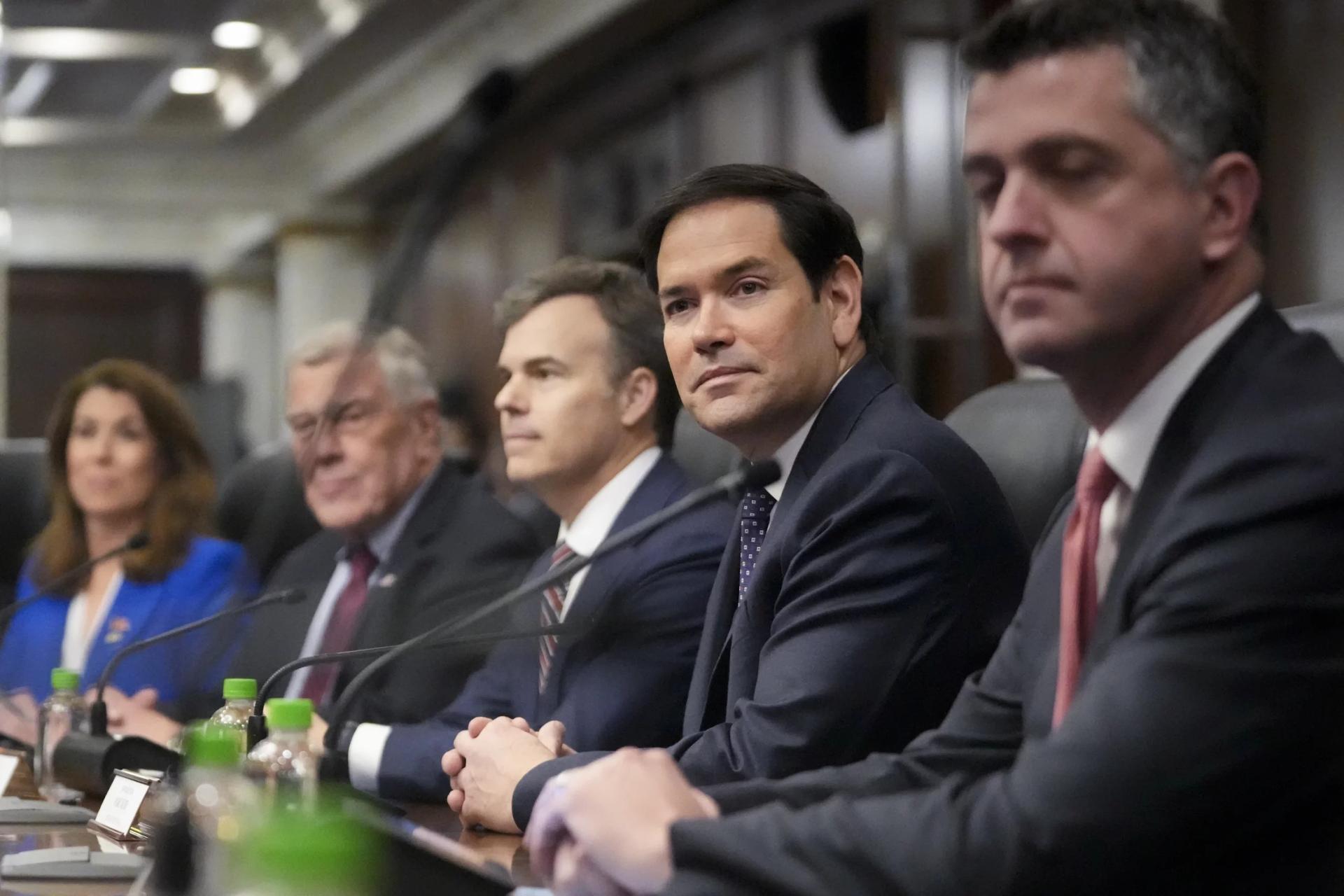U.S. Secretary of State Marco Rubio seemed to score a “win” for President Donald Trump after Panamanian leader President José Raúl Mulino declared the Central American country would not be renewing its agreement with China’s Belt and Road Initiative when it expires.
In a Wall Street Journal opinion piece on Friday, Rubio said port facilities at either end of the canal are run by a China-based company, leaving the waterway vulnerable to pressure from the Beijing government.
His trip to Panama on Sunday was his first international visit as head of the U.S. State Department.
Panama – with over 4 million people – gained its independence from Colombia in 1903 with the assistance of the United States, who wanted to build a canal in the area. The treaty with the U.S. established the 10-mile wide and 50-mile long “Panama Canal Zone” as sovereign U.S. territory.
The Zone was given back to Panama in 1979, and U.S. control of the canal itself was ceded 20 years later. After the U.S. invaded the country in 1989 to overthrow the government of dictator General Manuel Noriega, the country abolished its military.
Since even before he was sworn in as president for the second time, Trump has said China’s influence on the Panama Canal was unacceptable, and threated to return the Canal to the United States – which ceased its control over it in 1999.
On Sunday, Trump repeated his threat to “take over” the Canal.
“China is running the Panama Canal that was not given to China, that was given to Panama foolishly, but they violated the agreement, and we’re going to take it back, or something very powerful is going to happen,” the president told reporters.
Rubio, a Catholic, began his visit by attending Mass in a centuries old Church in the Panama City, and then met with the Panamanian president.
“Secretary Rubio made clear that this status quo is unacceptable and that absent immediate changes, it would require the United States to take measures necessary to protect its rights under the treaty,” the State Department said in a summary of the meeting.
However, Mulino said his meeting with the U.S. official was “respectful” and “positive” and said he did not “feel like there’s a real threat against the treaty and its validity.”
He did add he would not renew his agreement with China’s Belt and Road Initiative when it expires, despite the fact it has provided needed funds to upgrade the century old canal.
The aggressive statements by the U.S. president have caused protests in Panama, and as Rubio visited hundreds of people marched in the capital holding flags and shouting “Long live national sovereignty” and “One territory, one flag.”
On Jan. 31, Archbishop José Domingo Ulloa Mendieta of Panama issued a statement saying the country is “at a crucial moment, a moment that goes to us about our roots, our history, our identity and, above all, in the reaffirmation of the state and sovereignty of Panama.”
Panama must raise a single voice in defense of its sovereignty in the face of repeated announcements that claim the Canal, an exclusive heritage of the Panamanian Nation,” the archbishop said.
“We are a noble and brave people, with an immense heart, who throughout history have known to rise to challenges with determination and intelligence. We have overcome tests with pride, proving that our strength lies in the unity and the awareness that we are one territory with one flag,” Ulloa said.















